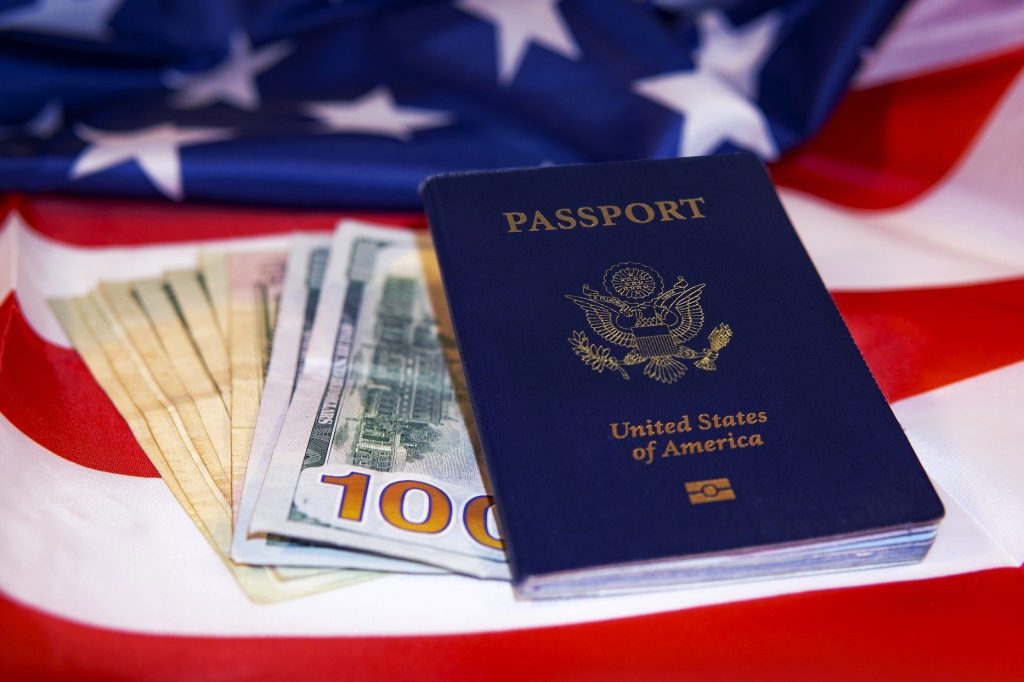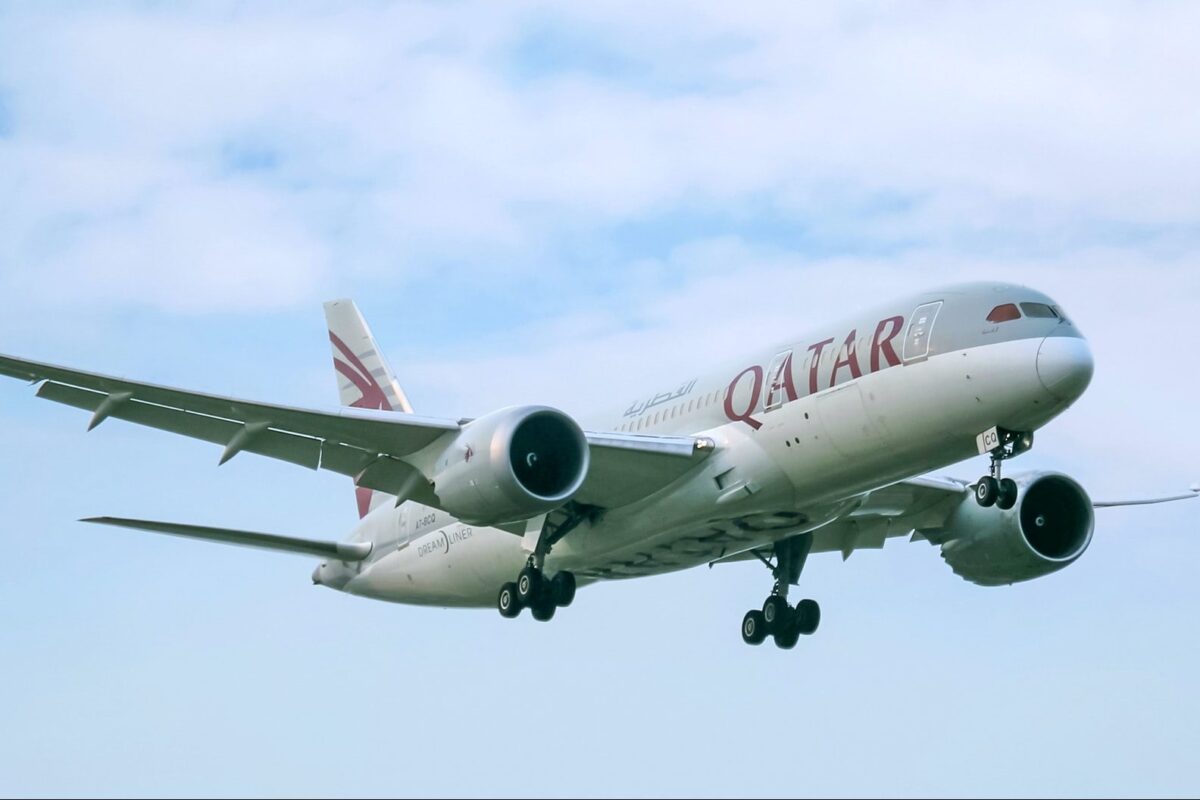A 33 Percent Drop in U.S. GDP and the Ominous Signs for Travel's Recovery

Skift Take
U.S. gross domestic product decreased at an annual rate of 32.9 percent in the second quarter of 2020, its worst drop on record. It’s the latest sign of the damage that the coronavirus has had on the country’s economy.
A deeper look at the report shows how far the travel industry might be from recovering.
The majority of the decrease in GDP was from the decline in personal consumption expenditures, a measure of consumer spending. Much of the decrease in this spending was from a decline in the services sector where the food services and accommodations industry (which includes hotels) can be found. This industry contributed -5.55 percentage points to the drop in GDP. This was the second-highest decline in the category, next to only health care.
Skift Research Senior Analyst Seth Borko said the drop is a troubling sign for the travel industry, especially since the numbers take into account the slight recovery that took place in parts of May and June.
There’s another factor that poses a danger to travel’s recovery: income.
On the surface, it looks promising, as current-dollar personal income rose $1.39 trillion in the second quarter, compared to an increase of $193.4 billion in the first quarter. But the report notes that the increase “was more than accounted for by an increase in personal current transfer receipts (notably, government social benefits) that was partly offset by declines in compensation and proprietors’ income (table 8).” [Link opens PDF] This means that the CARES Act played a vital role.
The problem is, one of the important pieces of the CARES Act was the extra unemployment that the federal government has been providing, which ends Friday. That’s difficult for all unemployed workers, but especially for an industry as hard hit as travel. On top of that, unemployed consumers that would have considered traveling may not do it, instead saving their funds until another stimulus is passed.
More economic help to the travel industry may be needed for parts of it to survive.
“The travel industry, which helped employ one in 10 Americans last year, has been hit hardest by the economic fallout of the pandemic—having lost half its jobs already and on track for a drop of more than a half-trillion dollars in traveler spending by year’s end,” U.S. Travel Association Executive Vice President for Public Affairs and Policy Tori Emerson Barnes said in a statement released in response to the GDP announcement on Thursday.
“Travel workers have a strong case to be a top priority in the next legislative package," she added, "and unless their employers can survive the worst of this downturn, a massive share of those jobs simply will not come back even as the overall economy begins to improve.”




